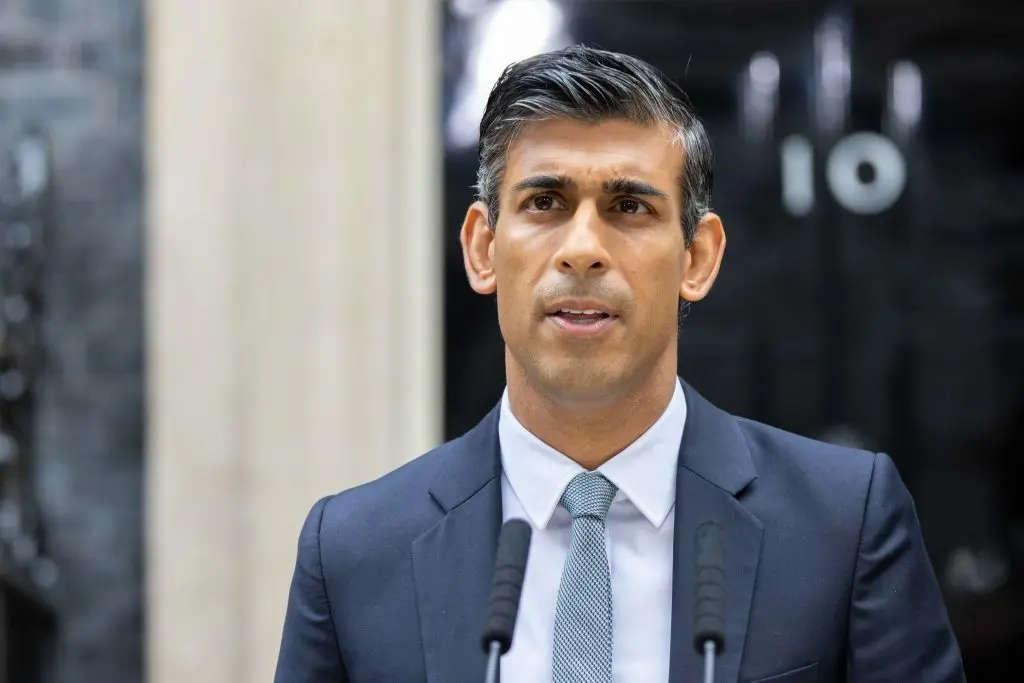Blog
·CEO Sarah Ledger shares her thoughts on Rishi Sunak's mathematics until 18 plan

As Rishi Sunak concluded his speech yesterday, my phone beeped into life several times, with colleagues, friends and former teaching comrades keen to share their views.
What did I think?
Was I annoyed that the emphasis was on mathematics rather than literacy?
Where did I feel this army of required new maths teachers would come from?
And, how did I feel this would chime with education leaders who recognise that a ‘major overhaul’ of schooling is needed – not a one-off headline tactic?
I’m certainly never against education being the recipient of new energy or emphasis. I applaud that new ideas are being considered, but it’s ‘the right ideas’ which are key.
There are so many examples of where ‘more’ teaching or academic content has been proposed in years gone by. But this misses the point. What we see all the time at Lexonik, is that it isn’t more hours, more tests or more tasks which develops confident pupils, improved attainment and greater desire and commitment from staff.
It’s not about How Long, or How Much we teach. It’s the HOW we do it.
We, in the world of teaching, refer to this as the ‘pedagogy’. It’s about the methods and practices we utilise to engage our learners, and to enhance teacher competence and confidence.
To apply this to Rishi’s plan, we would question why the ‘big plan’ seems to be about making children learn mathematics longer, rather than, instead, looking more deliberately and analytically at what’s worked or not worked to date, by way of encouraging or improving children’s understanding of mathematical working.
It's exactly this approach which sat at the heart of our founder’s intention Lexonik, when she wanted to develop a way of teaching reading and vocabulary, such that it would enthuse, change behaviours, and make workings ‘stick’ for children in the classroom.
It’s not about MORE, but HOW.
Finally, I found myself questioning the focus on mathematics without the recognition that literacy levels are at a disturbing low in education, and greatly in need of attention. After all, without a child being able to read, interpret, and understand the question being presented to them in a mathematics task – how can we expect them to deliver?
I welcome hearing from those of you who have other views on the latest government plan, and indeed, I’d be delighted to talk to you for hours at a time about Lexonik and its approach to changing the HOW in teaching.
If you would like to experience that approach for yourself check out our intervention programmes here or get in touch.